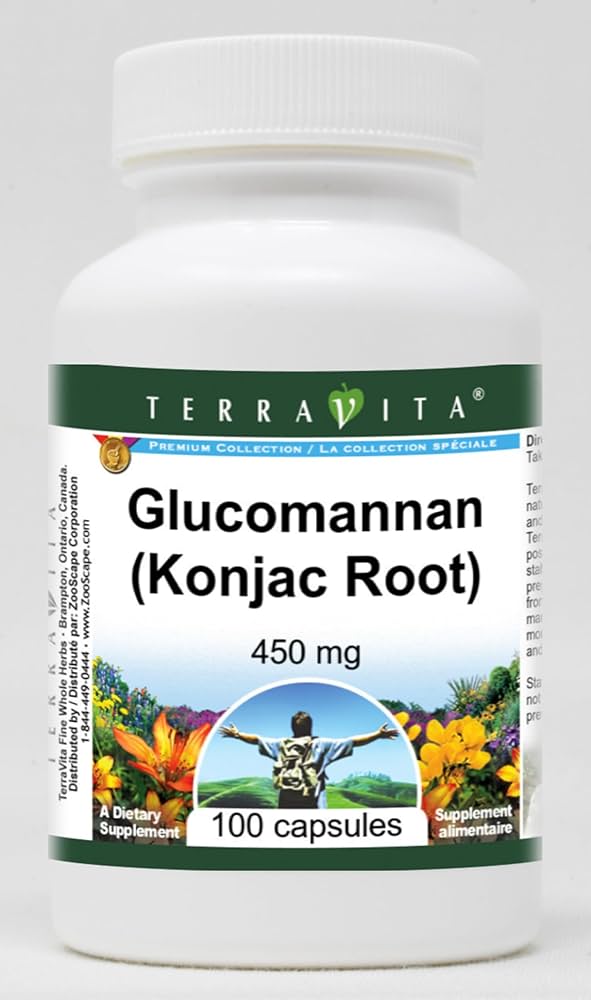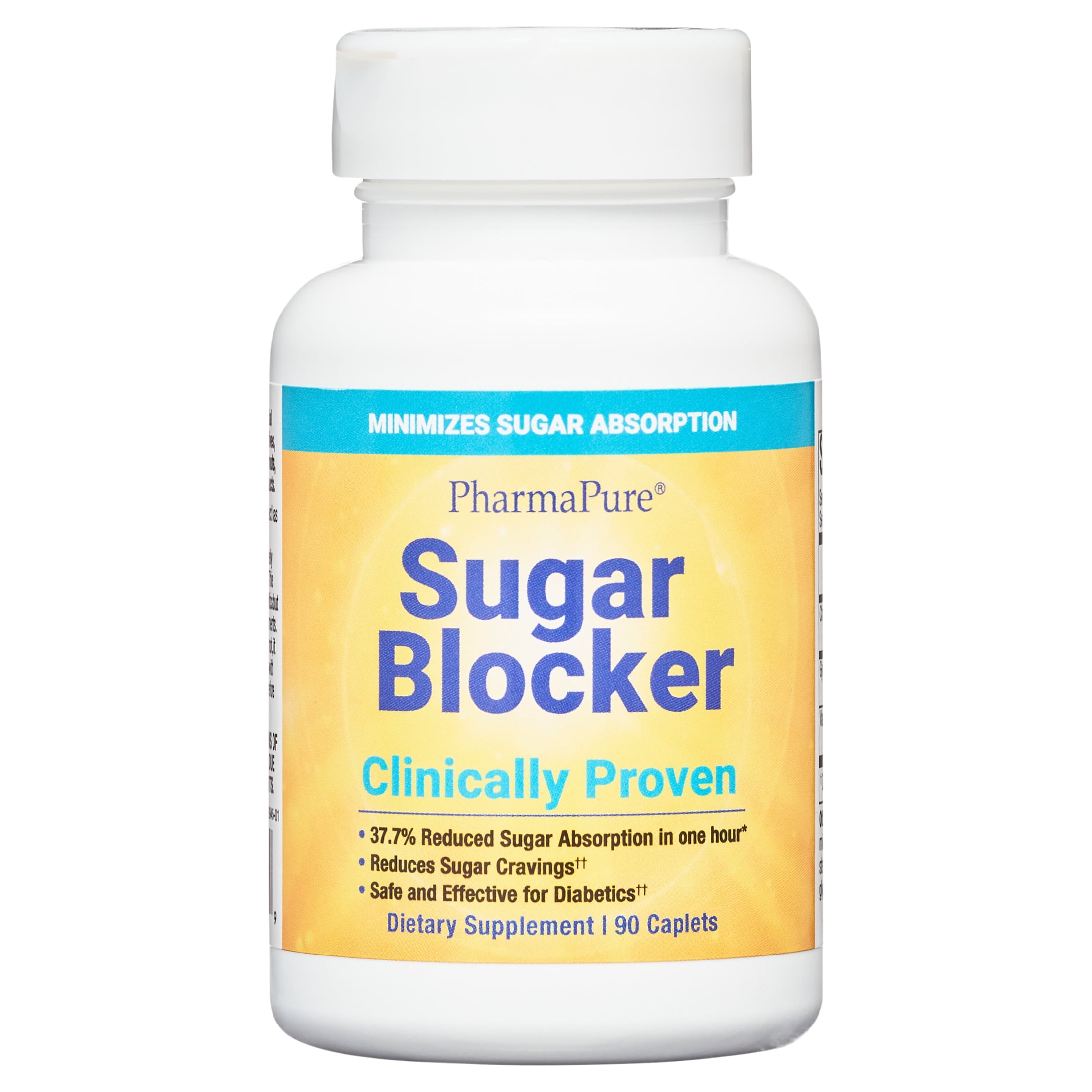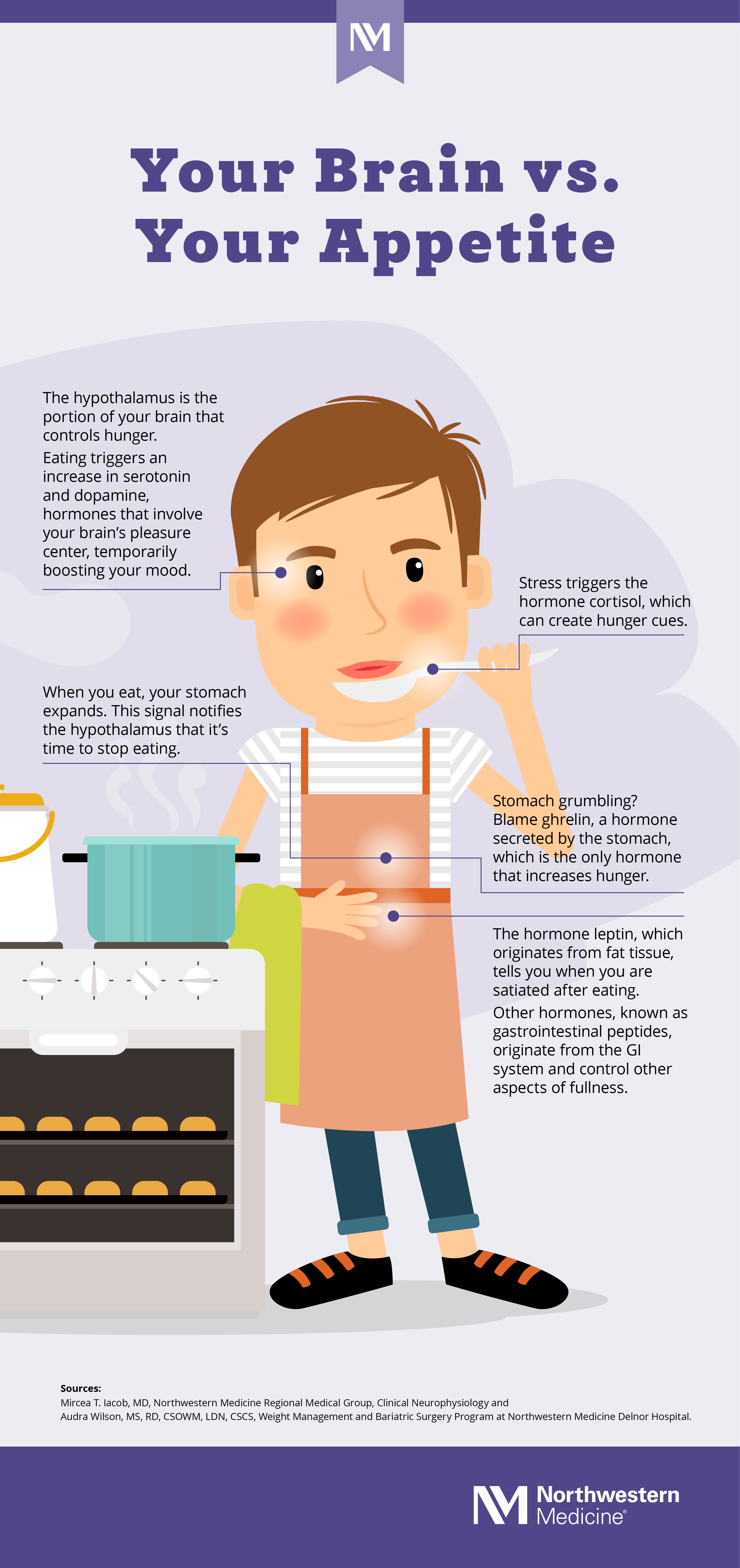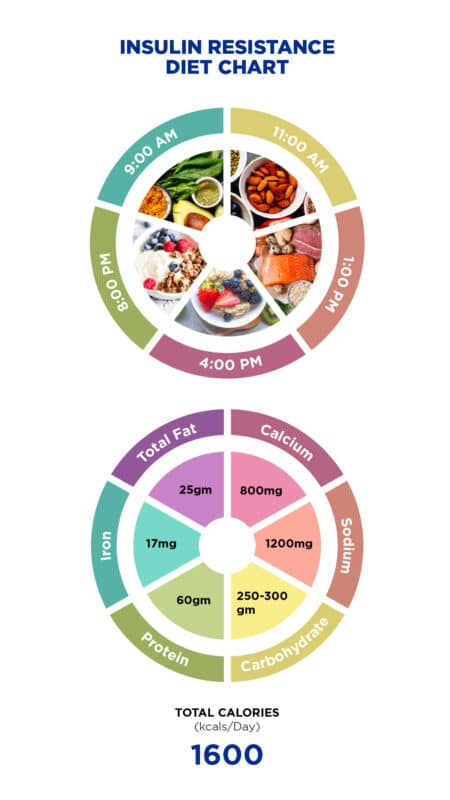
Konjac, derived from the konjac root, is a water-soluble fiber that swells up to 17 times its size in your stomach, tricking your brain into feeling full. Mix the powder with water and drink it fast—it turns into a gel if you wait! Studies show that overweight or obese people taking 2–4g daily for 4 weeks lost about 1–2.2kg. But other research found no benefit at 4g, so more isn’t better. Moderation is key. The FDA acknowledges konjac for weight loss, but without enough water, it can cause choking or intestinal blockages. That’s especially risky for kids or elderly folks with weak swallowing muscles. It’s not worth gambling your health, so skip it if you’re in those groups.

Known for relieving constipation, psyllium husk is a gel-forming fiber that can curb hunger. In one study, people on a low-calorie, low-fiber diet took 6.8g (1–2 teaspoons) twice daily with water and felt less hungry. But 3.4g didn’t work, and 10.2g wasn’t more effective. This study used a low-fiber diet to isolate psyllium’s effects, so if you already eat plenty of fiber, extra psyllium might not add much. It helps with hunger, not necessarily weight loss. Side effects like bloating or gas can happen, especially if your gut bacteria are out of balance, causing fermentation. If you have swallowing issues, kidney disease, or take medications, check with your doctor—psyllium can interfere with drug absorption or, rarely, cause allergies.

Green tea extract is praised for weight loss and preventing weight gain, but the jury’s out on why. Some say it’s the catechins blocking carb absorption; others point to caffeine’s appetite-suppressing power. A study comparing regular and decaf coffee showed decaf was less effective for weight loss, hinting at caffeine’s role. But don’t think chugging coffee will make you slim! Unless you’re a super active teen or 20-something, it might backfire. Green tea and coffee are generally safe, but green tea extract has been linked to liver toxicity in people with weak liver function. It can also interact with antidepressants, beta-blockers (for high blood pressure), statins (for cholesterol), or thyroid meds (like levothyroxine). Stick to drinking green tea as a beverage for a safer bet.

Yacon syrup, rich in fructooligosaccharides (FOS), a prebiotic fiber, is said to curb appetite and aid weight loss. Results are mixed. One study with premenopausal obese women on a low-calorie diet and moderate exercise found that 10g daily (2–3 tablespoons) for 4 months led to 1.4kg weight loss and reduced waist size and BMI. But a Brazilian study had 40 women (normal and obese) eat high-fat, high-carb meals with 40g yacon syrup (14g FOS). It didn’t lower appetite hormones (ghrelin, GLP-1) or reduce hunger after 3 hours. This study focused on appetite, not weight loss, and proves a bad diet trumps any supplement. If you have insulin resistance, be extra cautious—your diet matters most.

HCA, from garcinia cambogia, caused a diet craze in the US. It’s thought to suppress appetite and block fat metabolism, but evidence on reducing food intake is shaky. It works better for women and those with mild obesity. Side effects like nausea, stomach upset, or headaches are mild, so it’s relatively safe. The problem? Many products mislabel HCA content. A ConsumerLab study found only 6 of 13 products had accurate HCA amounts—others were 14–81% short. The recommended dose is 500mg, 3–4 times daily. HCA makes up about 16% of dried garcinia fruit and 50% of extracts. Always check the label for the active compound (HCA).

ALA, a powerful antioxidant, recycles vitamins C and E, stabilizes blood sugar, and helps prevent diabetic neuropathy. It may support fat burning and weight loss, but don’t fall for ads claiming it’s a miracle cure for cancer or diabetes. Those are scams. ALA can improve liver health, prevent dementia, boost focus, strengthen muscles, and ease pain by increasing glutathione, a top antioxidant. If you’re on diabetes meds or chromium, beware—ALA can lower blood sugar too much. Consult your doctor to stay safe.

DHEA, a hormone that declines with age, is used for anti-aging. Its metabolite, 7-Keto DHEA, boosts cell energy production and basal metabolic rate (BMR). A higher BMR helps maintain muscle mass, supports thyroid function, and may improve immunity and memory. With no known drug interactions, it’s relatively safe.





